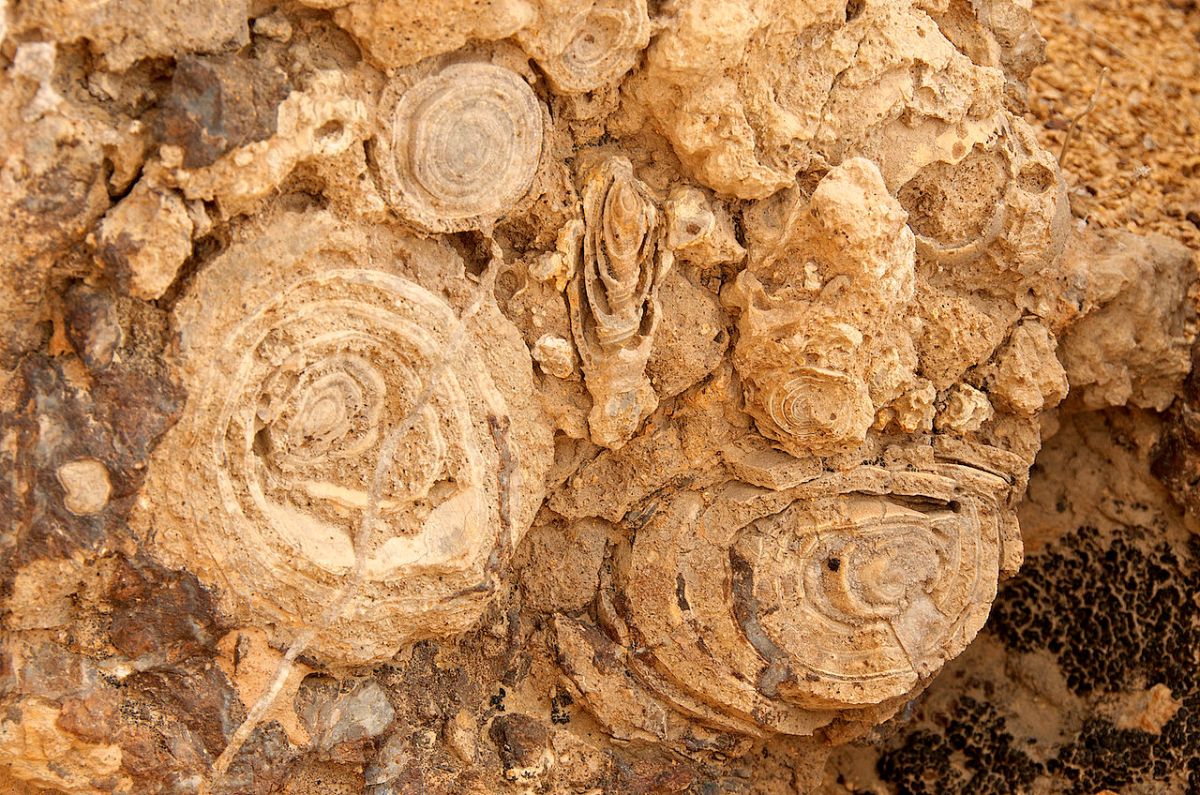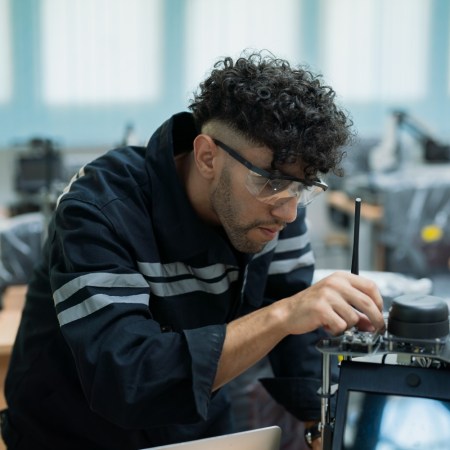When you read about the discovery of fossils, what first comes to mind? Your thoughts may well go to bones of long-vanished prehistoric animals, some of which can reveal things humanity didn’t know about the creatures that inhabited the planet before us. Recent years have seen the discovery of what’s arguably the biggest dinosaur ever, as well as clues as to how mammals adapted to life after the dinosaurs had gone extinct.
There exists a group of scientists whose area of focus is also on long-deceased prehistoric life, but not megafauna that could be the stuff of recent blockbuster films. These scientists have an even more challenging task at hand: unearthing fossil evidence of some of the first life on the planet.
At Smithsonian Magazine, Riley Black explores the challenges faced by geologists and others searching for the traces of lifeforms which may be difficult to separate from geologic phenomena. Consider this controversy surrounding stromatolites, structures that were left behind by microorganisms.
The fossils preserved only the stromatolite structure, not the organisms that created them, and some researchers argued that the rocks were formed by other geological processes. However, a study published just last year put forth stronger evidence, including geochemical analysis, that suggests some 3.5-billion-year-old stromatolites found at a different site in Australia do record and contain evidence of some of Earth’s oldest microbes.
Attempting to find the oldest forms of life on the planet would also help scientists determine precisely when life on Earth began — a landmark discovery that would help us better understand our planet’s past as well as its future.
Subscribe here for our free daily newsletter.
Thanks for reading InsideHook. Sign up for our daily newsletter and be in the know.


















